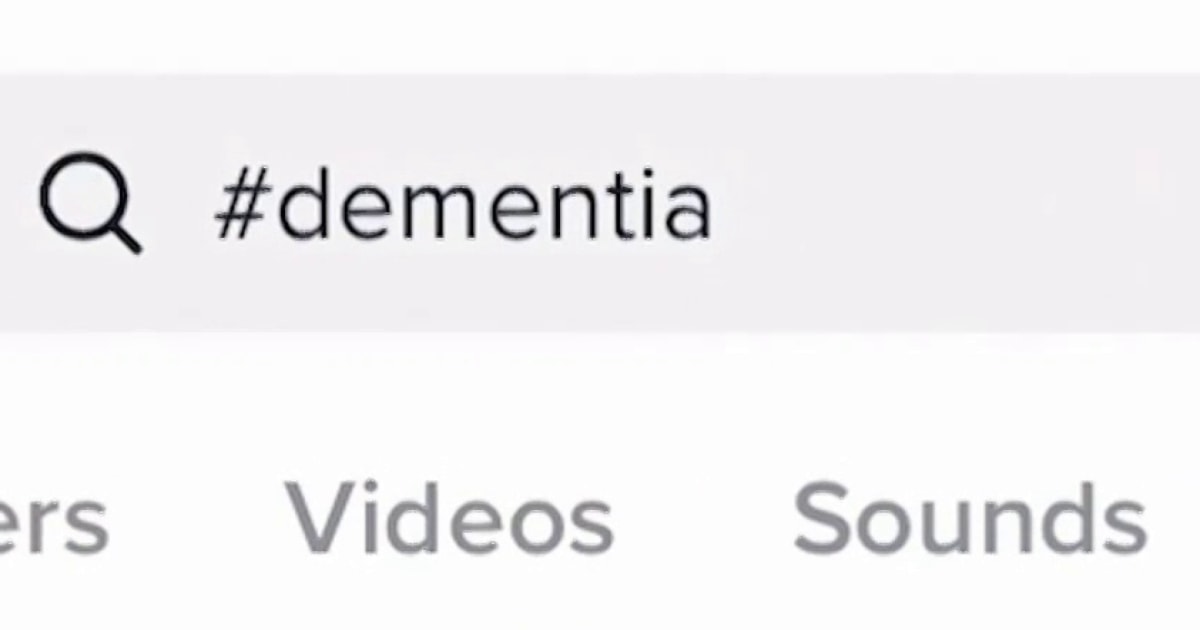Dorothee Caminiti | Source | Director of Bioethics at Markkula Center for Applied Ethics at Santa Clara Un...

Dorothee Caminiti
Dorothée Caminiti is director of the Bioethics program with the Markkula Center for Applied Ethics at Santa Clara University where she leads the Health Care Ethics Internship program. She works at the intersection of digital ethics in health care and law and focuses on the ethical problems associated with personalized medicine and the processing of health-related data.
Caminiti began her career in Europe, where she was a litigation attorney with leading global law firms for more than a decade. She then applied her legal expertise to the field of bioethics, serving in leadership roles with various firms in Switzerland. Most recently, she was a Research Fellow in global health and social medicine at Harvard Medical School.
-

Markkula Center for Applied Ethics at Santa Clara University (https://www.scu.edu/ethics/)
Director of Bioethics
-
Fixing Health Care Podcast interview
Caminiti discusses the ethical implications associated with end-of-life decisions.
Podcast -
TikTok's #dementia is racking up billions of views, highlighting care for aging loved ones
Searching #dementia on TikTok can provide advice for taking care of those who have dementia and has been viewed more than 3 billion times. NBC News' Savannah Sellers explains how the platform has helped care partners, but how posting videos of those with dementia could be unethical.
Video
-
Ethical Dilemmas in HeLa Cell Research: Expert Insights
Dorothee says, "Henrietta Lacks's cells were used without her consent," highlighting issues of informed consent, racial inequities, and commercialization. Despite some progress, she argues for more transparent communication with tissue donors. She also notes the necessity of lawsuits to drive ethical changes and questions the concept of bio-objectification in HeLa cell research.
-
"TikTok has become a way for caregivers to share their experiences caring for their parents with dementia as a way to find support and for education, but top priority should be patient dignity and safety," says Dorothee Caminiti, director of bioethics.
-
"The problem I see is that it is very difficult to assess if the person has the capacity to consent. A family member could decide they would post these videos of this person, but that doesn't mean that they should."

